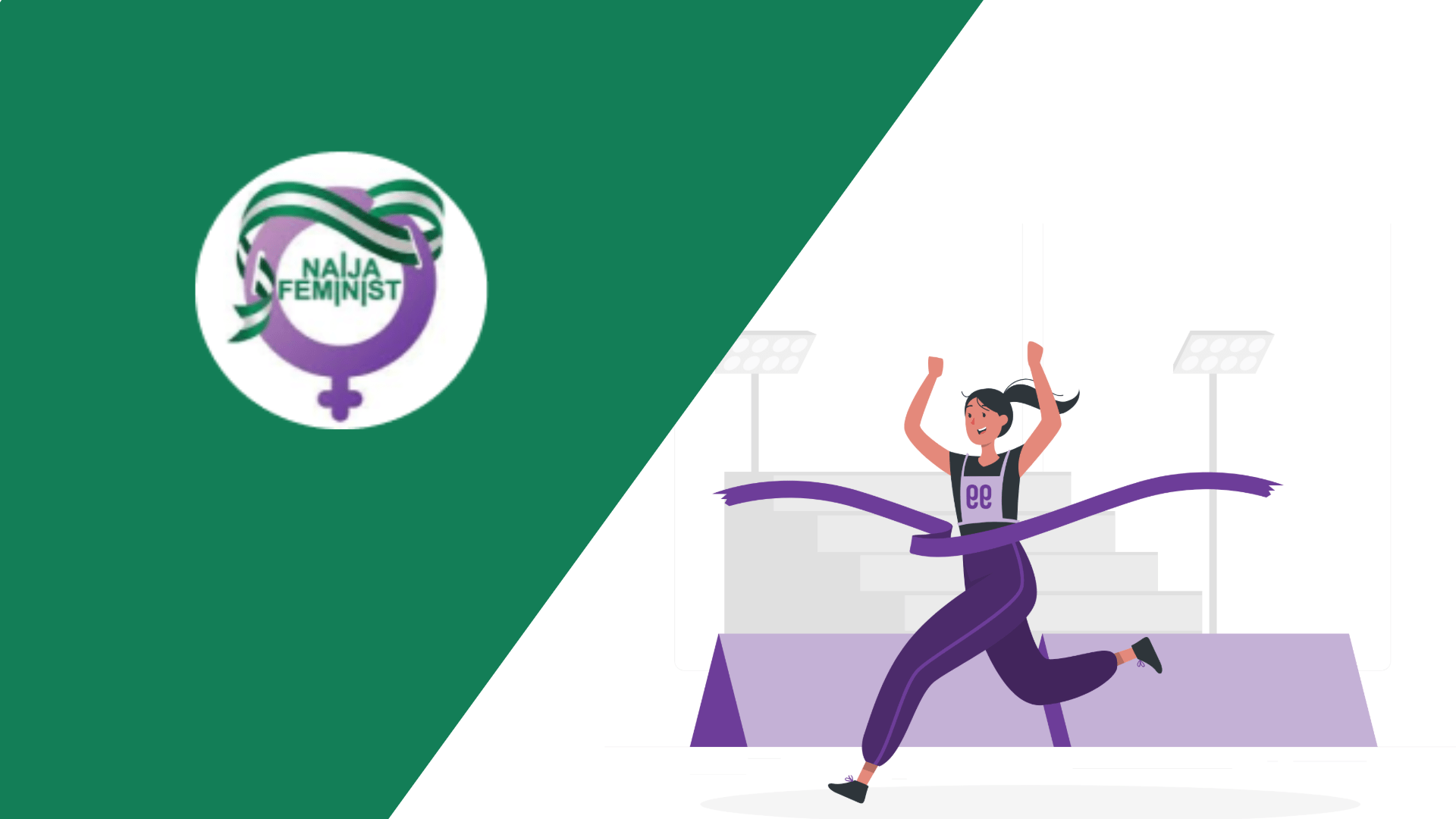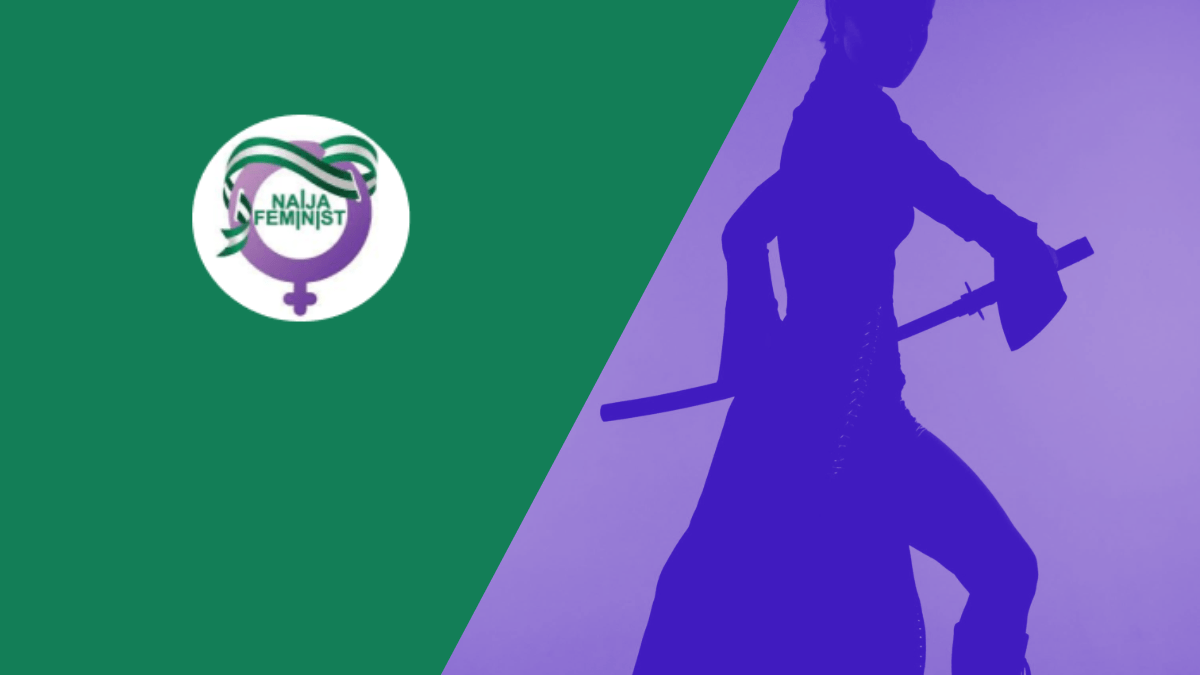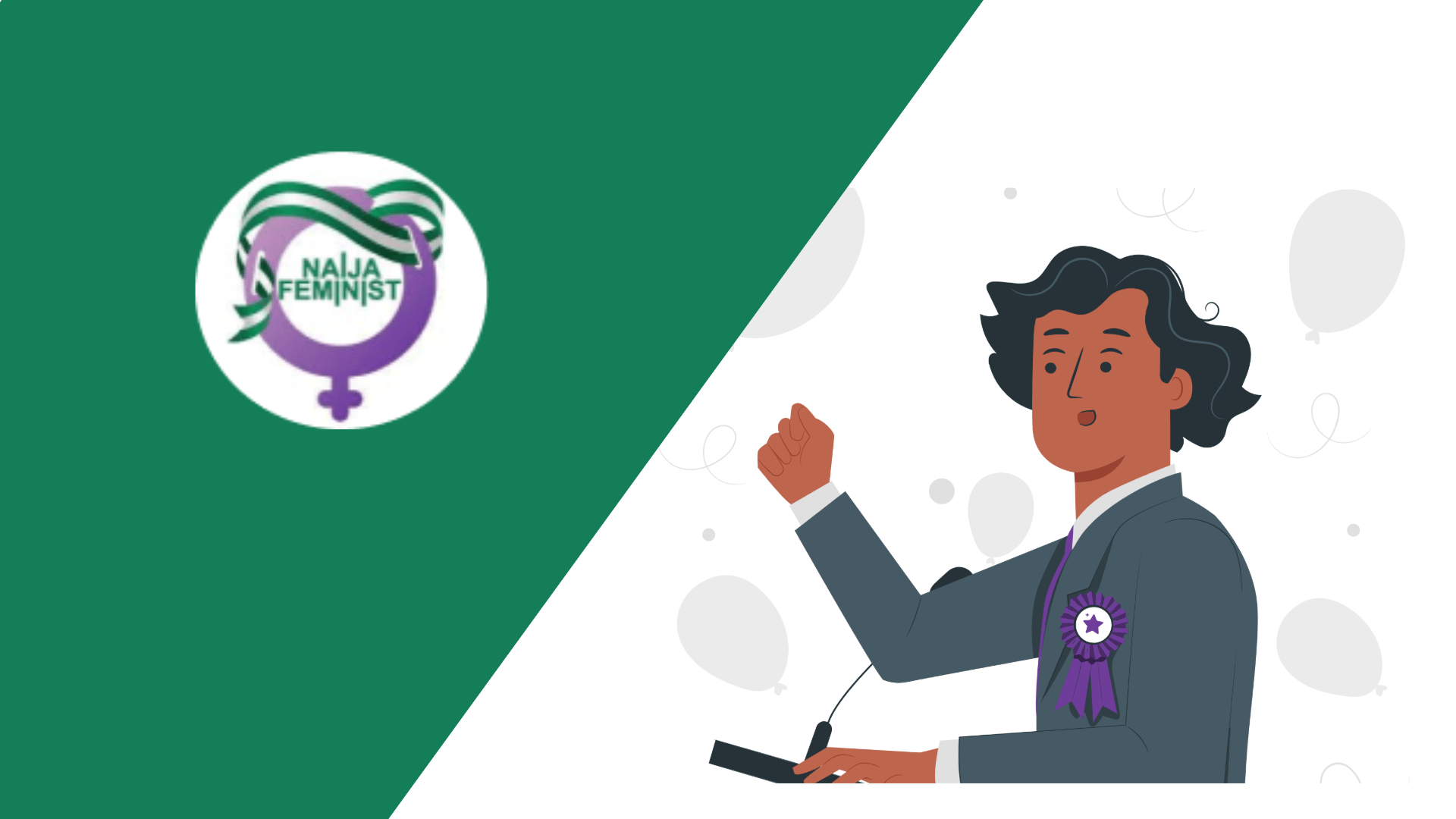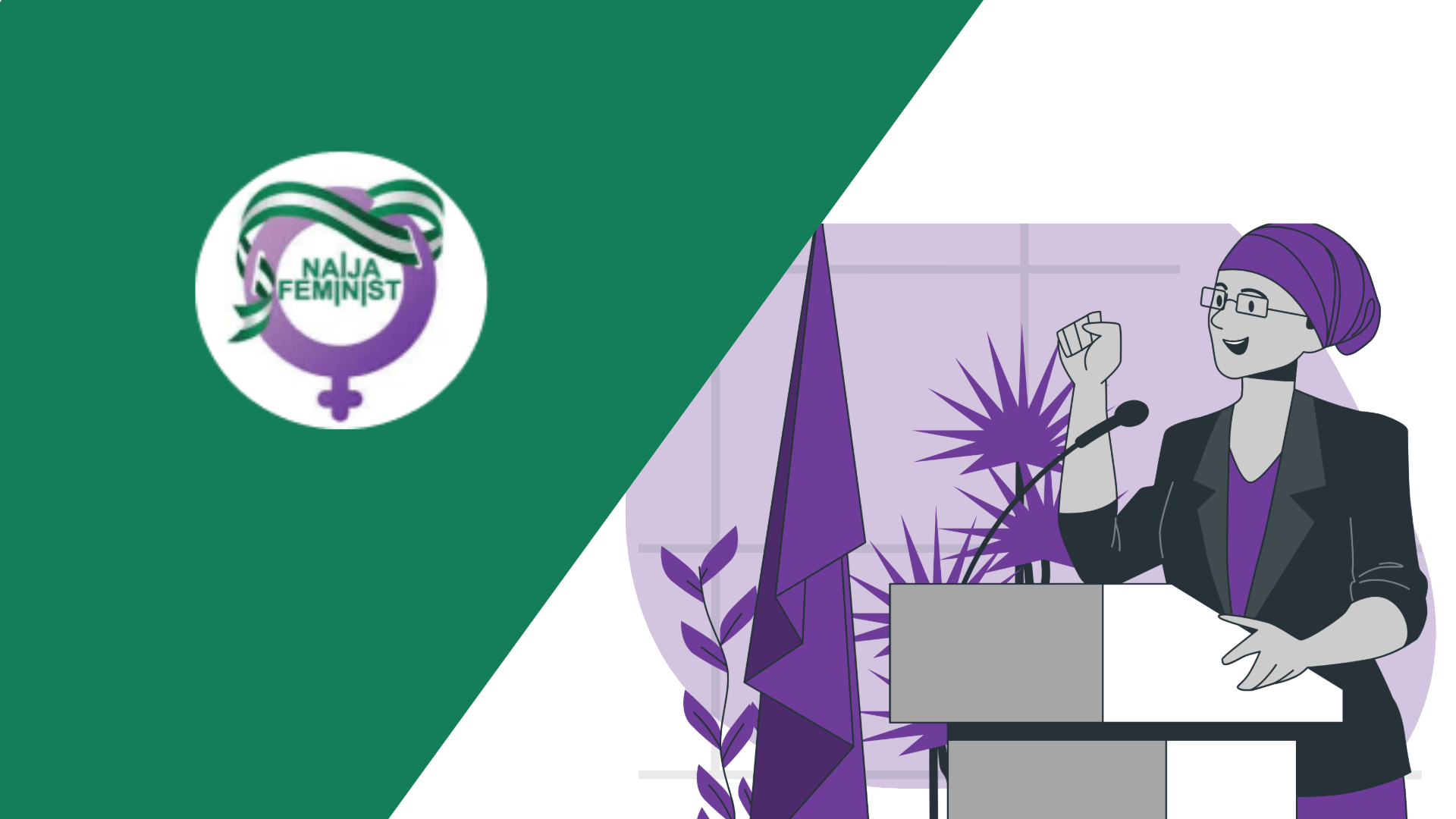Newsletter
Men cannot be feminists, and here’s why
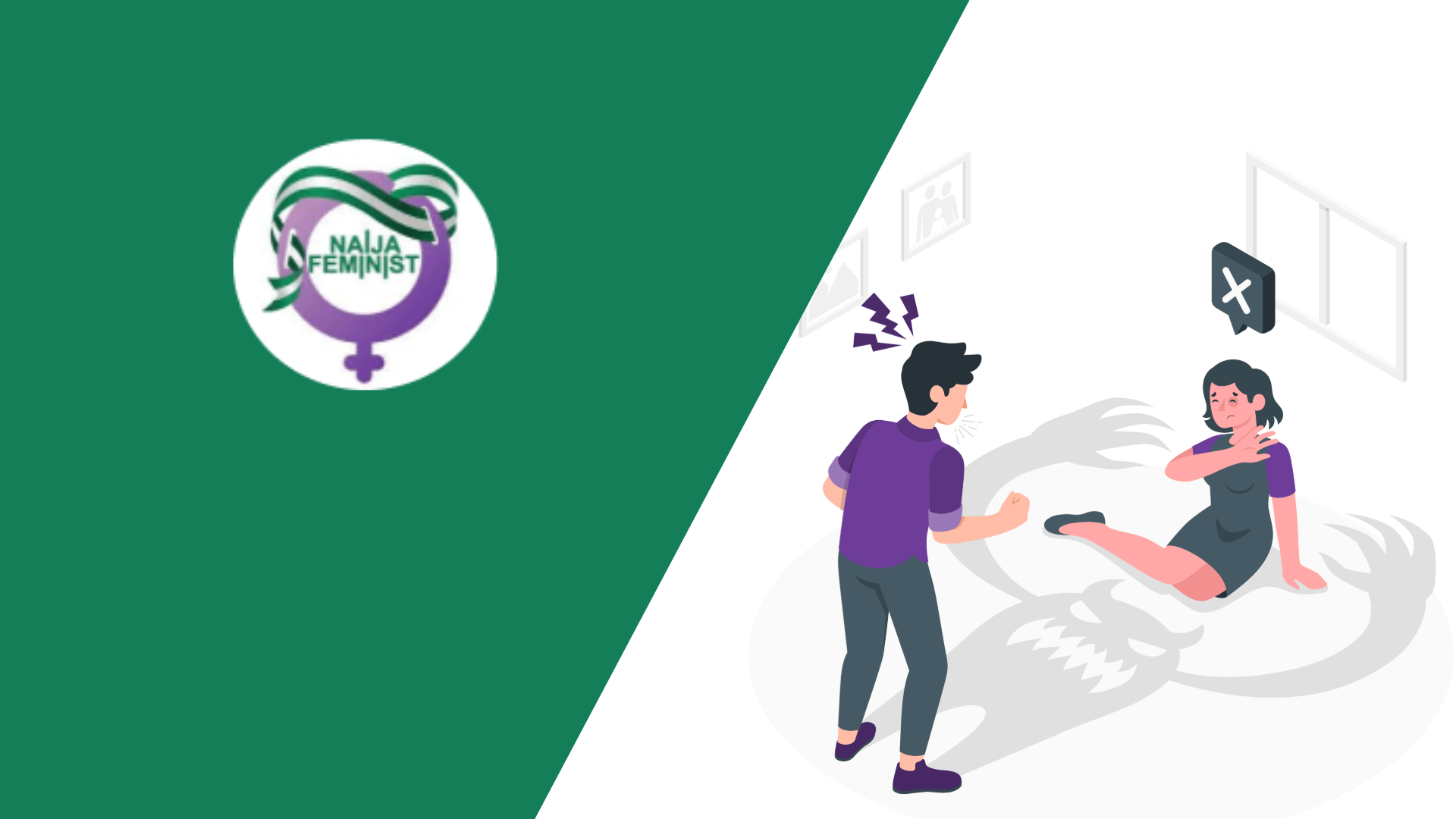
|
Getting your Trinity Audio player ready...
|
| Hello friend, It’s been 15 incredible weeks of our newsletter, and as we wrap up this transformative year, let’s address something that keeps popping up in feminist spaces: the well-meaning but often misplaced centring of male voices in feminist conversations. Here’s the thing: supporting feminism and being a feminist are two distinct positions. Think of it like this; white people can actively support Black Lives Matter without claiming to be Black activists, straight people can champion LGBTQ+ rights without identifying as queer activists. Similarly, men can and should support feminism, but they’re allies, not feminists because they don’t directly experience the systemic oppression that feminism fights against. While some progressive men may support gender equality, there’s a concerning pattern where these supposed allies dominate spaces meant for women to share experiences and build solidarity. Picture a women’s discussion about workplace harassment, and suddenly, a male ally takes centre stage to explain patriarchy to the very people who live its reality daily. See the irony? This isn’t about excluding men from the conversation entirely. It’s about understanding that allyship requires knowing when to step back, listen, and amplify rather than lead. When men insist on being present in every feminist space or demand recognition for basic decent behaviour, they’re unconsciously perpetuating the same patriarchal patterns they claim to oppose. Real allyship means supporting from the sidelines when appropriate, using privilege to amplify women’s voices rather than overshadowing them, and accepting that some conversations need to happen without male presence, no matter how progressive or well-versed in feminist theory that male presence might be. Think of it as being invited to someone’s house. Good guests don’t rearrange the furniture or tell the homeowner how to run their household. Similarly, male allies shouldn’t try to restructure or dominate feminist spaces. The role of an ally is to support, not to direct. At NFM, we’re dedicated to reshaping these dynamics through education and community building. Want to be part of this transformation? Consider supporting our work through donations that fund our educational initiatives. For those looking to contribute beyond financial support, join our volunteer network. We’re always seeking allies who understand the delicate balance between support and space. Together, we can create a movement where we advance gender equality. With love and solidarity,The NFM Team. |
 |
| Beyond Performativism: Centering women and girls with disabilities in leadership positions By: Oluwafunmbi Ogunsola. The educational system fails women and girls with disability spectacularly, with UNESCO reporting that globally, only 1% of women and girls are literate. This educational exclusion creates a cycle of dependency that makes them more vulnerable to abuse and exploitation while simultaneously denying them the tools and resources needed to fight back against their oppressors. What makes this situation even more infuriating is the deliberate silencing of disabled women’s voices in feminist spaces and disability rights movements. Their unique experiences of combined ableism and misogyny often get overlooked or dismissed, creating a dangerous blind spot in our understanding of gender-based violence. The few who do manage to reach leadership positions face constant undermining and questioning of their capabilities, while male disabled leaders are often celebrated and elevated. The time for polite conversations is over. We need radical action to protect our disabled sisters from the double-edged sword of misogyny and ableism that threatens their very existence. Their future leadership depends first on their survival, and right now, the system is stacked against them in every way. Read more on how patriarchy intertwines with ableism to oppress women and girls further. |
 |
| We’re excited to wrap up our #16DaysofActivism campaign with an important discussion on December 10, 2024, at 6 PM. This event will focus on facilitating behavioural change among male perpetrators of violence against women and girls. We’ll be joined by experts from journalism, women’s rights advocacy, and legal fields to drive grassroots change. Don’t miss this opportunity to engage in meaningful conversations. You can join us on our X channel @naijaradfem. We look forward to seeing you there! |
 |
 |
 |
 |
| LIBRARY HERE |
 |
| Join the mission of creating social change. Volunteer with us as a video editor. Email mail@naijafeministsmedia.org.ng.If you are in Abuja, WIPFNG is organising a self-defence training session to mark the 16 Days of Activism to end gender-based violence. Feel free to participate.The Amujae Initiative 2024 is on the lookout for exceptional African women leaders! If you’re eager to elevate your leadership skills, join for workshops and networking opportunities that will enhance your visibility and connect you with a strong sisterhood. |
 |
